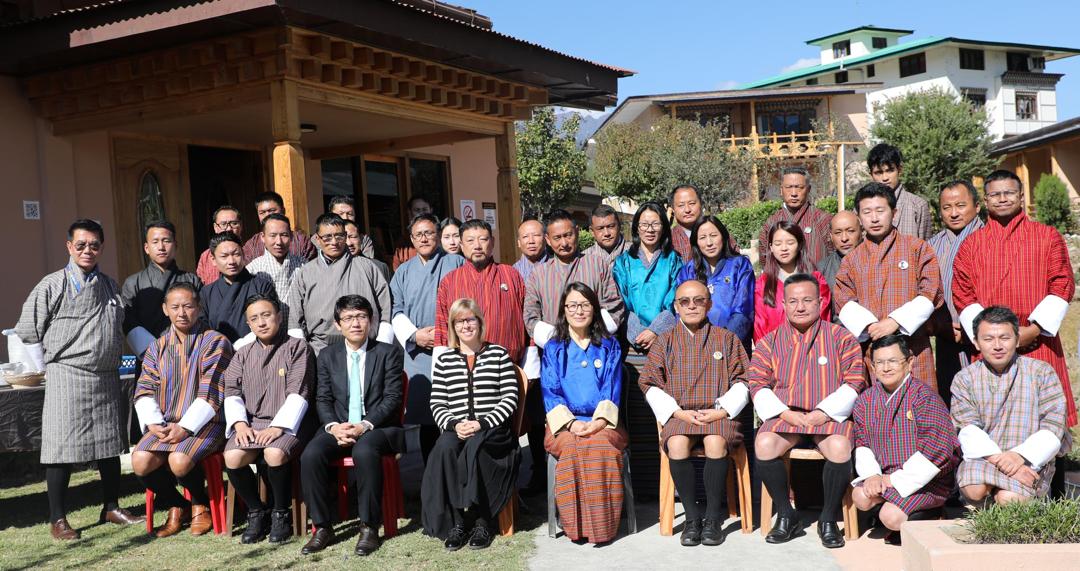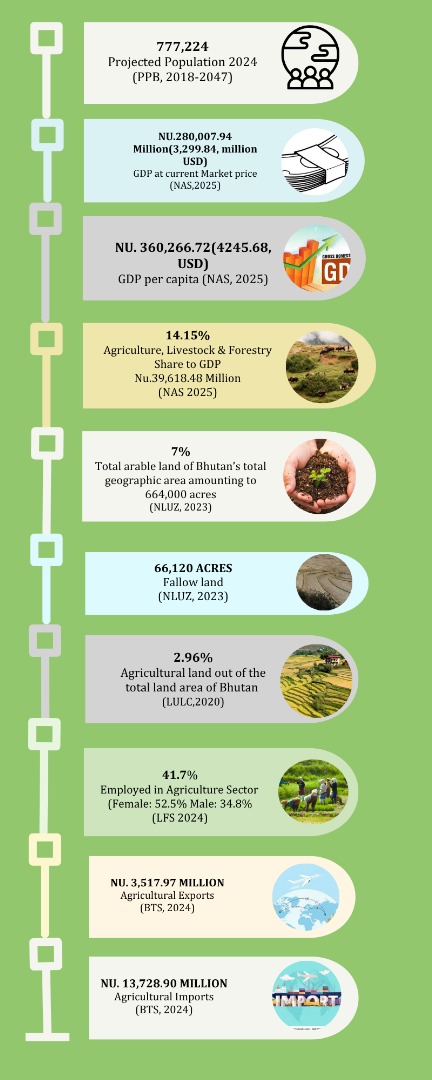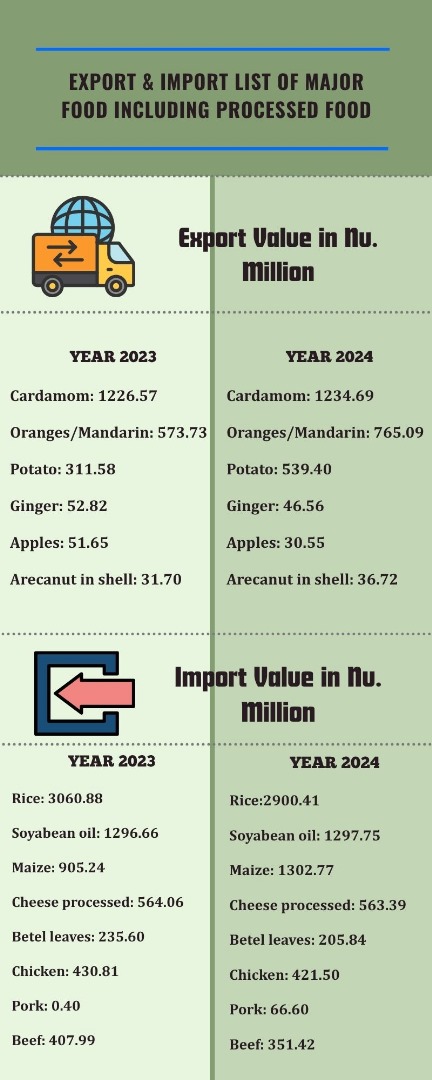8th November 2024: The Department of Livestock, in collaboration with FAO Bhutan under the Flexible Voluntary Contribution (FVC) subprogramme, initiated a crucial consultation workshop, titled ‘𝗦𝘁𝗮𝗸𝗲𝗵𝗼𝗹𝗱𝗲𝗿 𝗰𝗼𝗻𝘀𝘂𝗹𝘁𝗮𝘁𝗶𝗼𝗻 𝗼𝗻 𝗻𝗮𝘁𝗶𝗼𝗻𝗮𝗹 𝗰𝗹𝗶𝗺𝗮𝘁𝗲 𝗮𝗰𝘁𝗶𝗼𝗻 𝗶𝗻 𝗹𝗶𝘃𝗲𝘀𝘁𝗼𝗰𝗸 𝗽𝗿𝗼𝗱𝘂𝗰𝘁𝗶𝗼𝗻 𝘀𝘆𝘀𝘁𝗲𝗺𝘀 𝗶𝗻 𝗕𝗵𝘂𝘁𝗮𝗻’. This event, held from November 6-8, 2024, in Paro, Bhutan, brought together about 40 stakeholders from various agencies, including public and private sectors, research and academia, ministries, departments and agencies, development partners, farmers, the Yak Federation, producer organizations, and civil society organizations (CSOs).
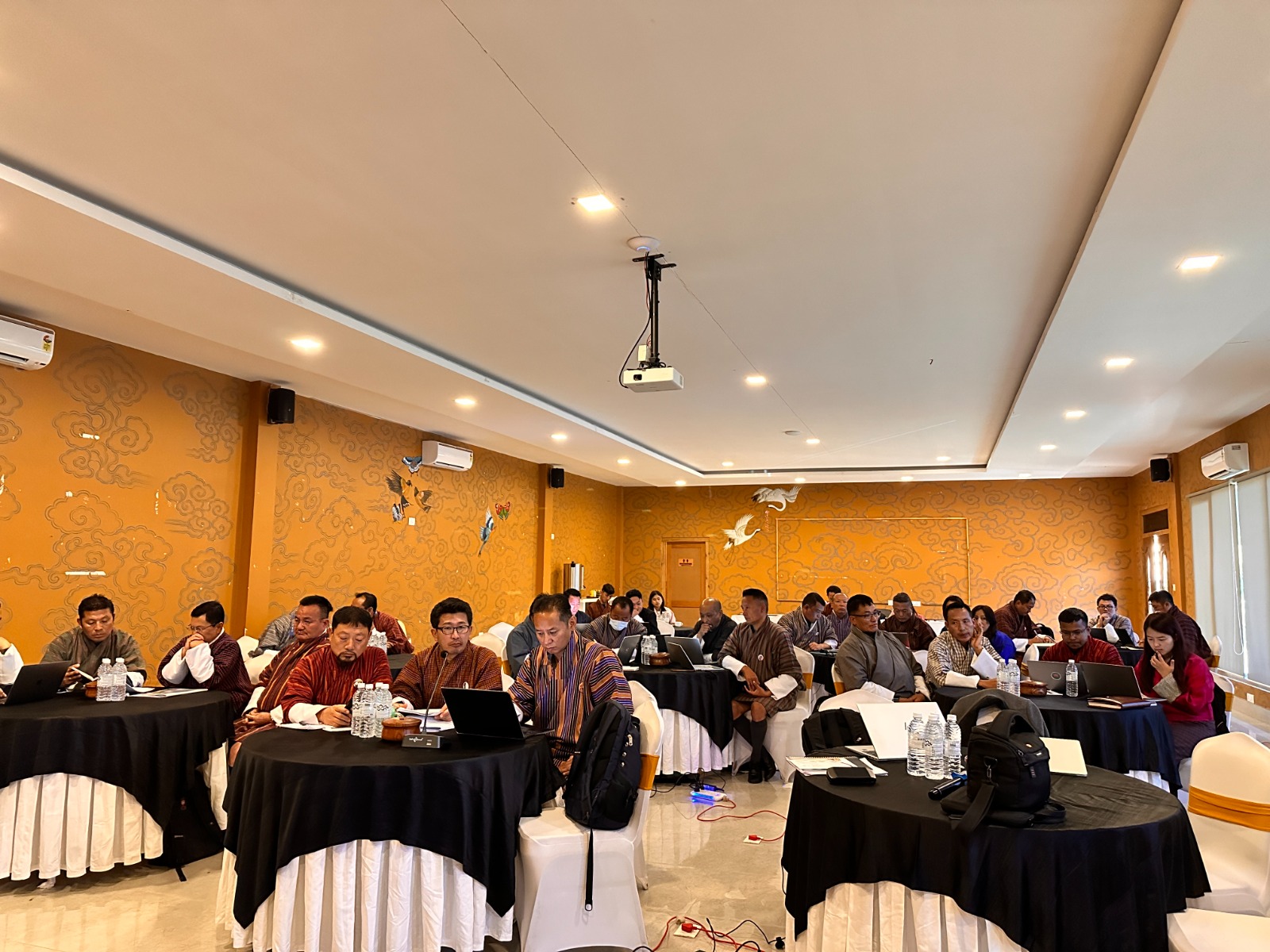
The national stakeholder consultation workshop aimed to promote inter-institutional exchange and collaboration for climate action in the livestock sector. The objectives were to raise awareness among stakeholders on the role of livestock in climate change, enhance knowledge for taking climate action, including understanding the importance of institutional arrangements, policies, and data availability, and identify both challenges and opportunities for implementing livestock mitigation and adaptation measures. Additionally, the workshop sought to identify capacity development needs and climate finance opportunities.
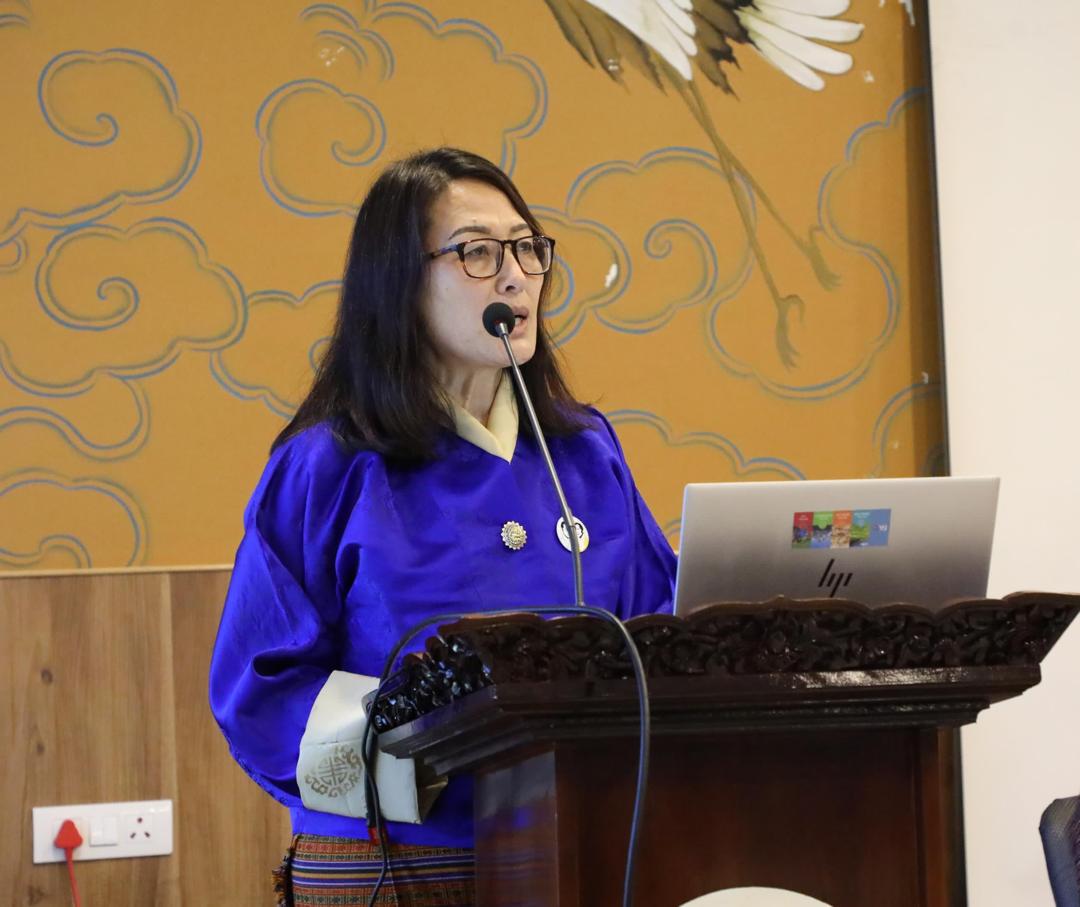
The FAO’s FVC subprogramme, specifically designed to support climate action within livestock sectors, plays a vital role in helping Bhutan align its livestock policies with climate goals. Through this workshop, stakeholders explored sustainable practices that not only enhance livestock productivity but also reduce greenhouse gas emissions and strengthen resilience against climate impacts.
The outcomes of this workshop will directly contribute to a country report on livestock climate action under the project Flexible Voluntary Contribution (FVC) II sub-programme, titled “Scaling-up climate actions to enhance nationally determined contributions (NDC) and climate and livestock (FMM/GLO/175/MUL).
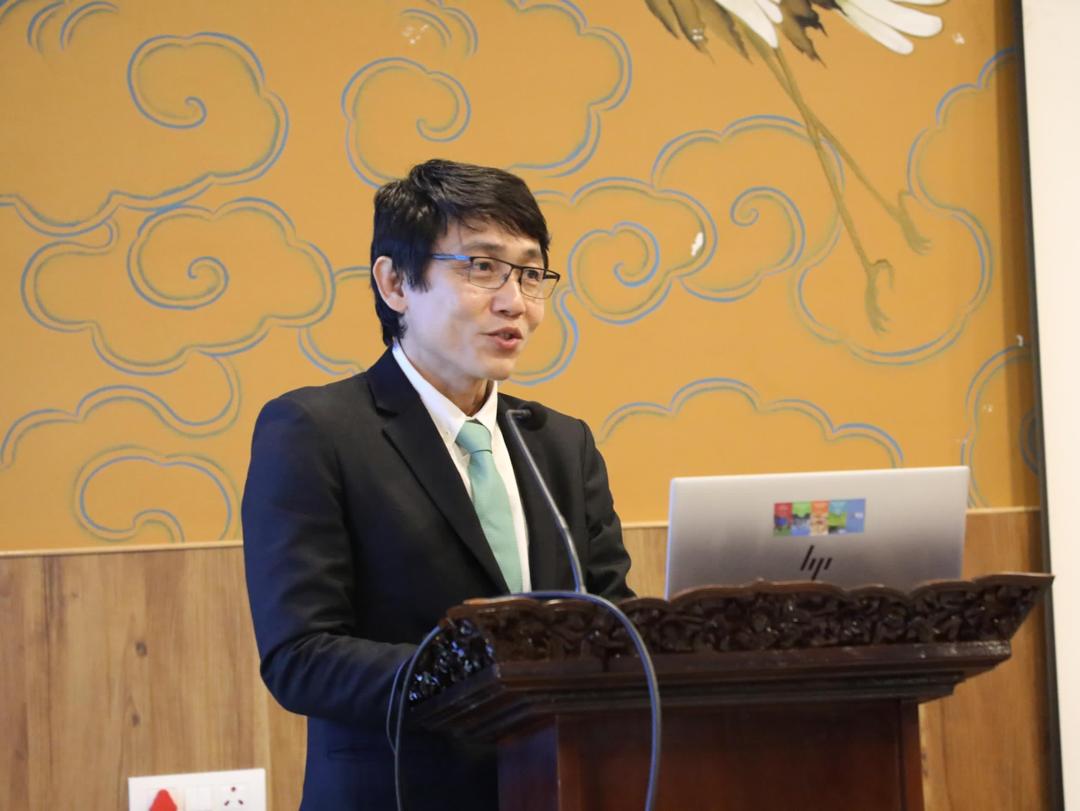
This collaborative effort under the FVC subprogramme marks a significant step toward sustainable livestock practices, which are key to securing the livelihoods of rural communities while safeguarding Bhutan’s rich natural heritage. The Department of Livestock and FAO Bhutan are proud to support these efforts, aligning local and global climate priorities for a more resilient, low-emission future.
Looking ahead, the insights and strategies developed during this workshop will be instrumental in shaping future climate-resilient livestock initiatives in Bhutan. Continued collaboration among stakeholders, including government bodies, private sector actors, and civil society, will be essential to ensure the successful implementation of these strategies. The Department of Livestock and FAO Bhutan are committed to providing the necessary support and fostering partnerships that drive positive change, ensuring that Bhutan’s livestock sector contributes meaningfully to national climate targets while enhancing the resilience of rural communities.
![]()

